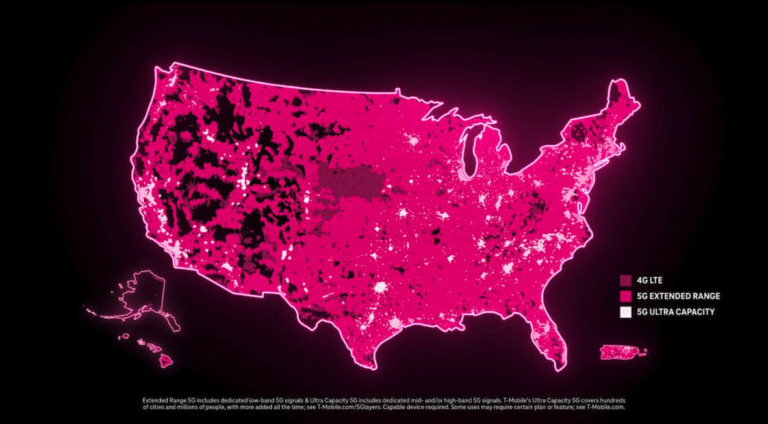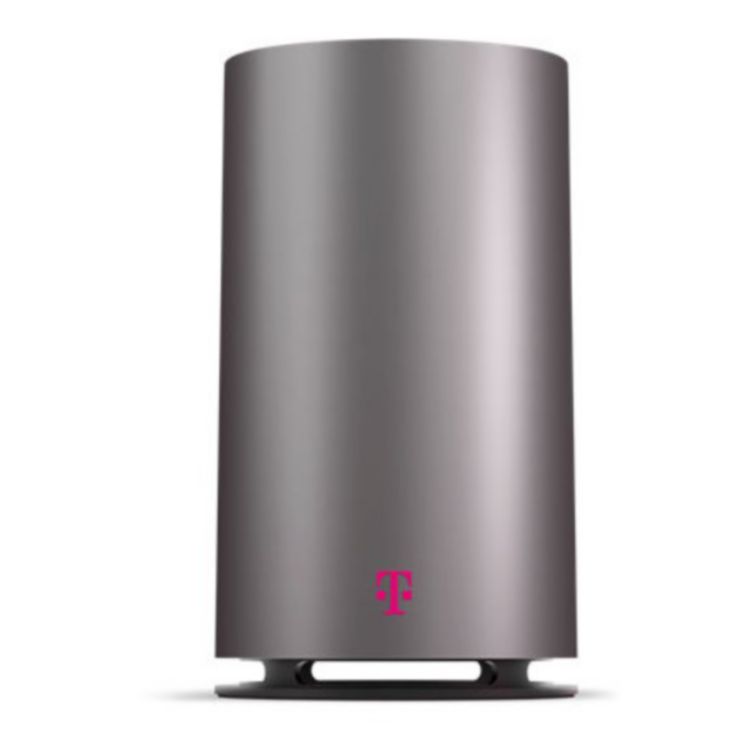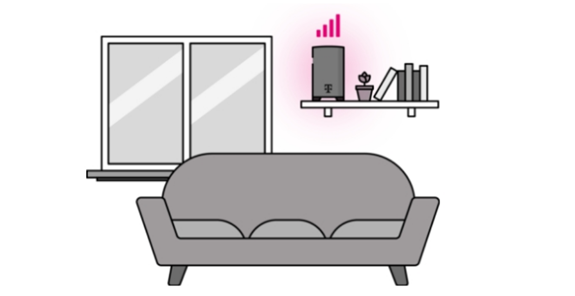Fiber optics is the hottest, most sought-after internet connection out there due to its insane speeds, but as of right now, getting it out to rural areas isn’t usually an option. Fortunately, there are great options for those living off the beaten path, and T-Mobile is one of the most reliable 5G home internet services out there—no wires necessary.
In fact, $60 per month is all it takes to get T-Mobile’s fast home internet download speeds with no annual contract. T-Mobile 5G home internet doesn’t come with equipment fees, and you won’t have to wait for a technician to get started. Plus, if you already use T-Mobile for cellular, you’ll pay even less.
T-Mobile’s been at the forefront of 5G wireless connectivity ever since it became widely available. It shouldn’t come as a surprise that it’s now one of the leading providers of 5G home internet, bringing improved internet speeds to areas of the country that used to miss out on speedy W-Fi through one of the largest, fastest and most awarded 5G networks around.



